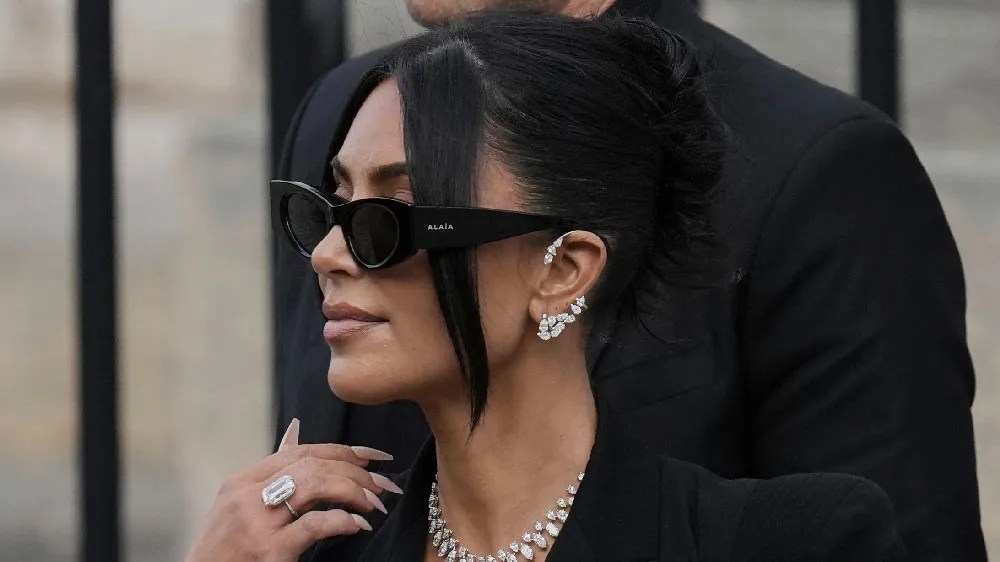September 10, 2011
Prop 8 Continues to Captivate Calif. LGBT Activists
Megan Barnes READ TIME: 3 MIN.
The California Supreme Court heard key arguments on Tuesday, Sept. 6, in the continued legal saga of Proposition 8. Three years after the same-sex marriage ban narrowly passed in the state and one year after it was ruled unconstitutional, the court heard arguments to determine whether or not Prop 8 supporters can appeal its overturning, an unprecedented request.
It's complicated, but the implications are significant. The court has 90 days to come up with an answer for Protect Marriage, the group that put Prop 8 on the ballot and is seeking legal standing to appeal.
"It would be an unthinkable blow to California's democratic system of government if the handful of individuals who sponsored Prop 8 could make decisions for the entire state," said Kate Kendell, executive director of the National Center for Lesbian Rights.
Governor Jerry Brown and Attorney General Kamala Harris last year declined to challenge U.S. District Chief Judge Vaughn R. Walker's Aug. 2010 ruling that found Prop 8 unconstitutional.
Outside the courthouse on Tuesday; Chad Griffin, board president of the American Foundation for Equal Rights, said the hearing could signal the end of the stay put on Walker's ruling. "Make no mistake about it, Proposition 8 is hanging by a thin thread and however the California Supreme Court rules after today's hearing, that thread will soon be severed," he said.
Roland Palencia, executive director of Equality California, was equally as direct.
"Extremists that backed Prop 8 want the court to grant them special authority to trump the decision of the governor and the attorney general," he said. "This request is not only ridiculous, it's outrageous."
The hearing was the first Prop. 8 development in months as it moves through the court. And while the technicalities at this stage in the game might not be as captivating, marriage equality activists say the fight is still going strong.
"Despite the fact that we don't know what the court is going to do, the bottom line is we still have work to do on marriage no matter which direction the court goes," said Rebekah Orr, spokesperson for Equality California.
She thinks the long wait isn't disengaging people, but rather amping up the fight. "Despite the time that's gone by, really incredible things have happened in the fight for marriage, like in New York for instance, and I think each thing that happens reinvigorates the movement," said Orr.
Chris Jarvis, a Fresno activist who married his longtime partner James Hensley on the first day marriage licenses were granted to same-sex couples in 2008, is less optimistic.
"From a logic and reason standpoint, there's no way we could lose," he said. "This is a slam dunk case. But from a reality standpoint, after hearing the court this week, it could go either way. The problem we're facing now is that these days, politics is not about right and wrong, it's about whether they [the judges] won't be elected or not."
Jarvis and Hensley's marriage license will remain valid no matter what happens in the case. When they sold a home three years ago, it saved them hundreds of dollars in state taxes, but they had to pay thousands in federal taxes that could've been saved if the government recognized their marriage license.
"The one thing I've seen is that gay people and gay activists, they don't want to fight this as a ballot measure anymore," said Jarvis, who is vice president of Gay Central Valley. "They don't see any point until the California courts decide the outcome of the case. I don't believe any civil rights should be put up to a vote."
He applauded the state Legislature for passing the FAIR Education Act, which mandates the teaching of LGBT history in California schools. Prop 8 proponents and other organizations are now collecting signatures for a ballot initiative to undo the law.
Orr believes this effort can have a big impact on the fight for marriage equality.
"Whether it's in court or in the legislature, in the ballot box, or just the court of public opinion, the thing that is used against us time and again are these really terrible stereotypes and stories that the opposition tells about LGBT people being a harm to kids," she said. "Unless we can really effectively overcome that barrier, we're going to continue to face challenges in the security of equality."
Megan Barnes is a freelance journalist in Los Angeles. She regularly contributes to EDGE, San Pedro Today and was a founding editor of alternative UCSB newspaper The Bottom Line. More of her work can be found at www.megbarnes.com


